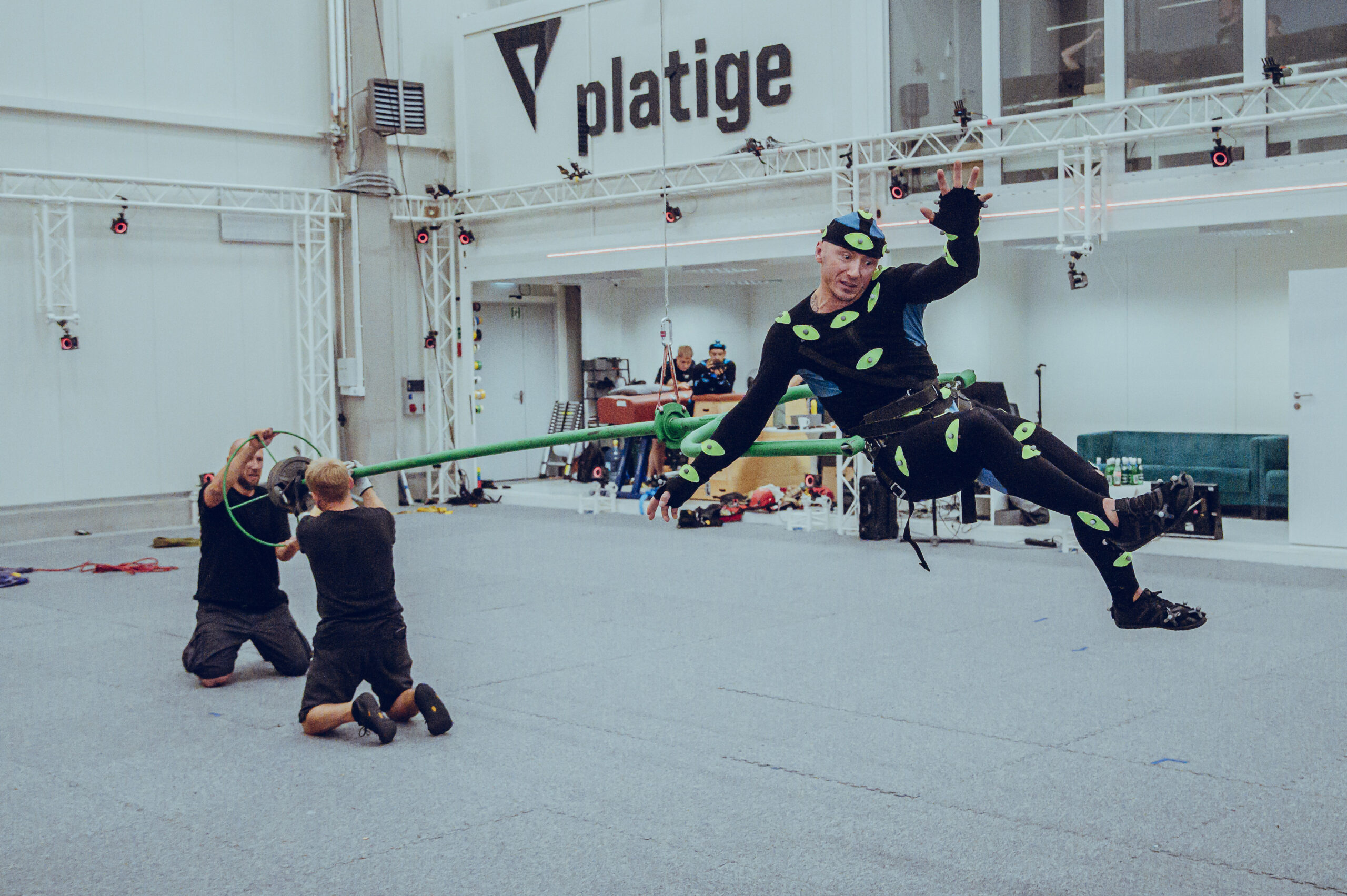George Brown Theatre School production of Candide explores optimism and its potential pitfalls
Optimism is often considered a virtue, but can it survive the test of modern times?
That is one of the questions running through Candide, which is being staged by the George Brown Theatre School this month. The play, written by English playwright Mark Ravenhill, and inspired by 18th century French philosopher Voltaire’s story by the same name can hardly seem unfamiliar to those who frequent the theatre.
Yet the play, directed by Matjash Mrozewski, managed to successfully deliver the meaning of the original, and added some of its own character.
The play tells different stories, set in different times and realities. It starts in Voltaire’s high society as Candide, played by Ryan Gordon Taylor, is awoken by the Countess, played by Bonnie Ings, who wants to get him out of his melancholy stupor and turn him around by showing him a play of his life.
The scene then flashes to a birthday party in the modern day which quickly turns gory, when the birthday girl Sophie played by Lila Bata-Walsh, shoots her whole family and herself, sparing only her mother, Sarah.
Sarah is played by Isabella Kondrat is then put into the spotlight. She’s half willing and half forced to tell her life story to a huge production company who wants to make it into a movie.
The final scene of the play is set in the Pangloss Institute, at a time far in the future. We learn that doctor Pangloss, played by Brodie Nicholls, claims that he has found a way to make everyone an optimist. At the same time, we see Candide reunited with his love Cunegonde, who has survived the distress of time, wars, and revolutions. She wishes only for a kiss from Candide.
The idea of optimism, or the Candide principle, gradually shows its evolution in different forms in the play. It is pushed to the furthest in the final scene, where the discussion occurs about the ethics of ridding people of their choices between being optimistic and pessimistic.
What sticks in my mind was the image of Sarah at the last scene, turning her back to the audience, watching the whole Pangloss Institute, together with Candide and Cunegonde, dancing in slow motion to the song of happiness.
That final impression could be what the director wants the audience to see and feel through the play – the bizarre adoration of the optimism, once reflected in Voltaire’s Candide, and now shown through the never-ending lot of different self-help books set on the shelves, some claiming that being optimistic can be the solution for everything.
The cast managed to deliver the meaning of the play well, and their acting was on-point. If there’s one sore thumb in the play, it is the occasional appearance of Voltaire, played by Rachel Moore, narrating throughout the scenes. It might be necessary for the play, but the character overwhelms and distracts.
Candide runs from Feb. 7 to Feb. 17. Tickets are available at the Young Centre for the Performing Arts. $10 for students, $20 for GB staff and alumni, $20 for senior and $25 for adults.


